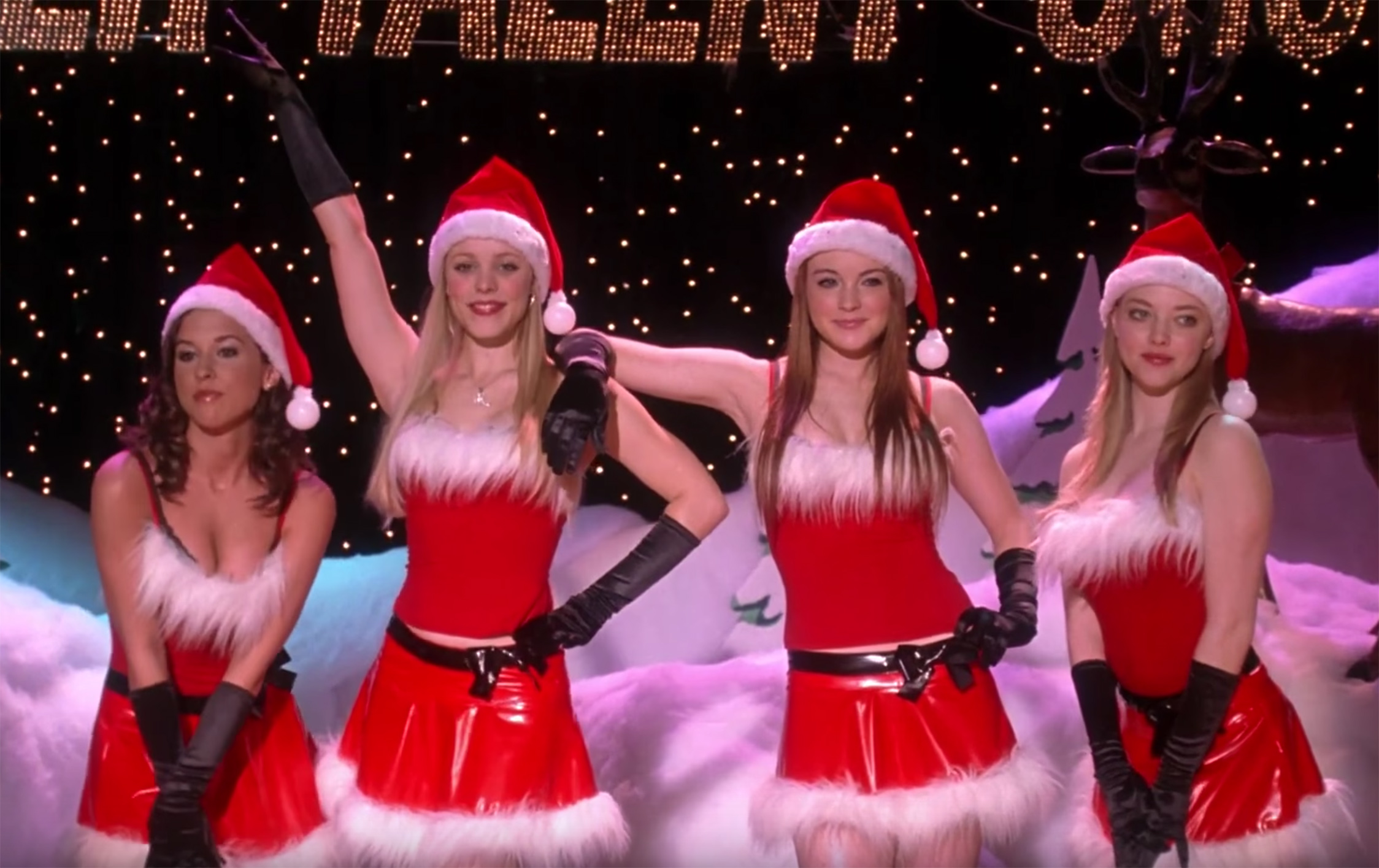“Die Hard.” “Happy Christmas.” “Love Actually.”
One of these is a Christmas movie, and it’s not “Die Hard.” I mean that as a compliment. That may sound odd, since it seems the film’s biggest fanboys and fangirls are the ones most fervently insisting it’s a Christmas movie, but bear with me.
The real question at the heart of this (often frustrating) debate is how to define what a Christmas movie is.
Is it simply a movie that takes place during the Christmas season? Bah! “Mean Girls” has memorable Christmas scenes, but you wouldn’t call it a Christmas movie.

A Christmas movie is a film you only feel the urge to watch in November or December. “Die Hard,” although it takes place on Christmas Eve, is good enough to be watched all year long. You don’t have to be in the Christmas spirit to watch John McClane and Hans Gruber (RIP Alan Rickman) play cat and mouse for two hours.
The filmmakers knew this — they released the movie in July 1988. Not exactly part of their holiday slate. Moviegoers agreed the film was good enough to be watched in the summer months and spent $140 million at the box office.
Sure, there are Christmas elements to the movie: Decorations, gifts and even Christmas songs in the soundtrack (though “Ode to Joy” isn’t a Christmas song and “Let It Snow” never mentions anything about the holidays). But Christmas is not essential to the plot. The movie could easily have been altered to take place in July instead of Christmas Eve.
John McClane is visiting Los Angeles for Christmas to try and reconcile with his estranged wife after they separated six months prior. Instead of Christmas, McClane could have been visiting out of the blue, or to see his kids in a special dance recital or Little League game.
What about the Christmas party that brings McClane to Nakatomi Plaza? The characters admit it’s not just a Christmas party, they’re also celebrating a big deal they just finished. That deal could have been completed any other time of the year as well.
The Christmas-themed wrapping tape that held McClane’s gun in the climactic scene could have been generic office tape instead.
“Die Hard” is not a film about Christmas like “Elf” or “It’s a Wonderful Life” are about Christmas. It’s a film about a hostage situation combined with a genius burglary attempt that happens to take place on Christmas Eve.
Here’s the most important distinction between “Die Hard” and Christmas movies: You can feel normal watching it on Valentine’s Day, St. Patrick’s Day, the Fourth of July. Just because you may also watch it in December doesn’t make it a Christmas movie — how many people have watched “Star Wars” in the Christmas season?
Let’s not disparage “Die Hard” by calling it a Christmas movie and making people think it’s only acceptable to watch it when radio stations are playing “All I Want for Christmas” way too many times.
Of the other two movies I mentioned, you might be surprised that “Happy Christmas” is also not a Christmas movie. Despite the name, and its setting during Christmas, the holiday is not essential to the plot. It was released in July 2014. The travails of the main character, played by Anna Kendrick, could have happened at any time of the year. (This movie isn’t well-known, but you should watch it. Again, any time of the year).
“Love Actually,” despite its topic and message being relevant any time of the year, is a Christmas movie. Its plot relies on a song being made into a Christmas version, Christmas pageants, Christmas parties and Christmas shopping. Diehard fans of the film might watch it year-round, but for normal people it would seem odd to watch it outside of the Christmas season. Filmmakers released it in mid-November 2003, after all, not in July.
Surely this won’t be the end of the great “Die Hard” debate, which seems to be a favorite among the Beltway cultural commentariat. But keep in mind, the pulse of the country is on my side: A December 2015 poll showed that 62 percent of Americans don’t think “Die Hard” is a Christmas movie. Only 13 percent do.
The Silent Majority has spoken.
Jason Russell is the contributors editor for the Washington Examiner.

